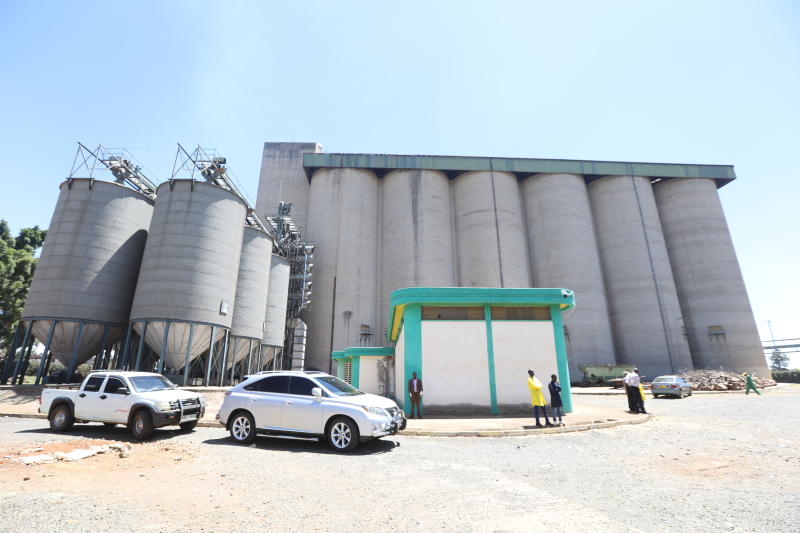×
The Standard e-Paper
Smart Minds Choose Us

Maize farmers are reluctant to deliver their produce for drying and storage, days after the National Cereals and Produce Board (NCPB) opened its stores.
Last week the board said it was ready to receive produce from individual farmers, cooperatives and other stakeholders at subsidised costs in line with President Uhuru Kenyatta’s directives in September.